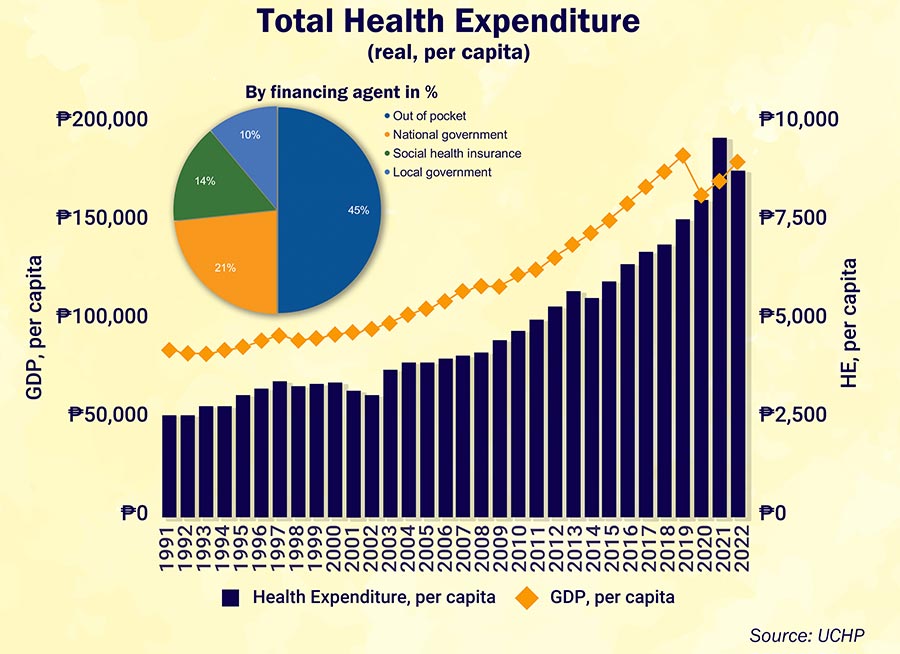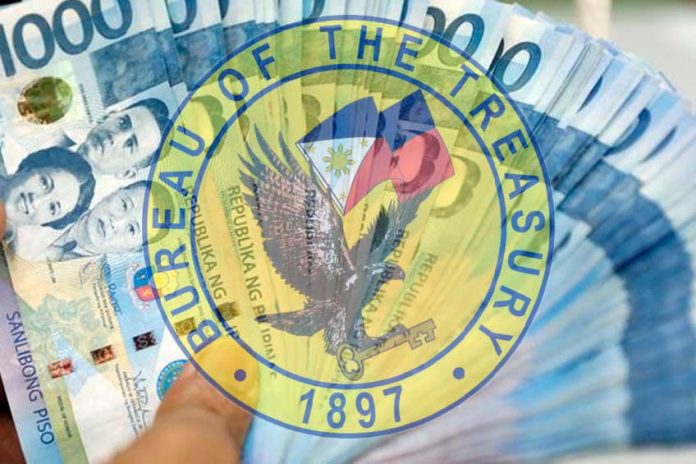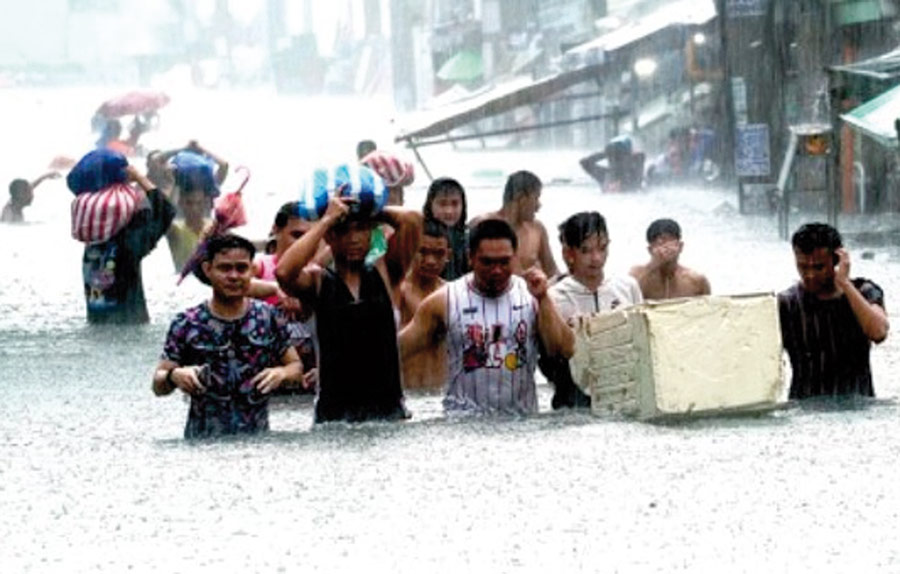By Peter Tabingo
OUT of 176 total proposals for climate change adaptation projects submitted between 2015 to 2022 for funding under the People’s Survival Fund (PSF), 170 or 96.6 percent were rejected for being ineligible.
This was revealed in a 119-page special report released on July 29 by the Commission on Audit on the performance review of the government’s 17-year National Climate Change Action Plan (NCCAP) which was launched in 2011 and supposed to be concluded by 2028.
“This audit comprehensively assesses the NCCAP, focusing on Human Security and Knowledge and Capacity Development. Despite NCCAP’s near completion, challenges persist in translating national climate policies into tangible development plans at national and local levels,” the COA said.
The key objectives of the NCCAP are to build the adaptive capacities in communities, increase resilience of vulnerable sectors and natural ecosystems to climate change, and optimize mitigation opportunities.
In addition to regular funding allocated through yearly appropriations, the People’s Survival Fund (PSF) was created with a minimum annual budget of P1 billion to be made available to local government units (LGUs) belonging to second-class areas or lower as well as to local community organizations.
“Since the availability of PSF from 2015 to 2022, only six adaptation projects in the LGUs out of 176 proposals were approved for funding,” the report said.
Of the six projects that managed to qualify with PSF, five were from Mindanao LGUs and one each from Luzon and the Visayas.
They were the Surigao Climate Field School for Farmers and Fisherfolks in Del Carmen, Surigao del Norte; Disaster Risk Reduction and Mechanism Response to Resiliency in Lanuza, Surigao del Sur; Promoting Resiliency and Climate-Informed Gerona in Gerona, Tarlac; Building Resilience Through Community-based Ecological Farming in San Francisco, Cebu; Saub Watershed Ecosystem Rehabilitation and Flood Risk Reduction for Increased Resilience in Sarangani; and Establishment and Sustainable Management of River Ecosystem in Kitcharao, Agusan del Norte.
With too few climate change adaptation proposals making the cut, the PSF grants simply remain idle not doing anybody any good.
Auditors blamed the 96.5 percent rejection rate to three principal causes – stringent documentary requirements, proponents’ lack of technical capacities and awareness, and irregular calls for proposals.
The PSF Board chaired by the Secretary of the Department of Finance is supposed to issue two notices of calls for proposals each year — in January and July — subject to review and evaluation before shortlisting by the Climate Change Commission (CCC) for endorsement to the PSF.
“However, only three calls for proposals were made before the current call, which was made in 2015, 2016, and 2017. In line with this, the CCC also acknowledged that they must conduct regular calls for proposals to increase uptake for the Fund,” auditors said.
The audit team added that discussions with local government officials showed the LGUS and local community organizations lacked awareness on procedures and requirements for the submission of climate change programs, projects and activities that would enable them to access PSF funding.
“Based on the results of the FGDs (focus group discussions) during field validations conducted by the audit team, only four out of the 53 CSOs/NGOs know the PSF,” the audit team said.
“The results of interviews with concerned LGU officials revealed that 56 percent or nine out of 16 LGUs with LCCAP submissions said that they have not tried to access the PSF due to stringent requirements,” it added.
Among project proposals submitted were those directed primarily at climate change mitigation, which the PSF does not support. These included the formulation of a master plan for carbon neutrality, installation of solar panels, and reforestation for carbon sequestration.
Also failing to qualify were proposals found “not responsive to the long-term adaptation intervention.” Examples of these activities are procuring ambulances, constructing materials recovery facilities, and conducting solid waste management campaigns.
The PSF informed the COA that its latest call for proposals in February 2023 resulted in the grant of funding to five additional projects in October last year with total grants amounting to P539.44 million.














0 Comments